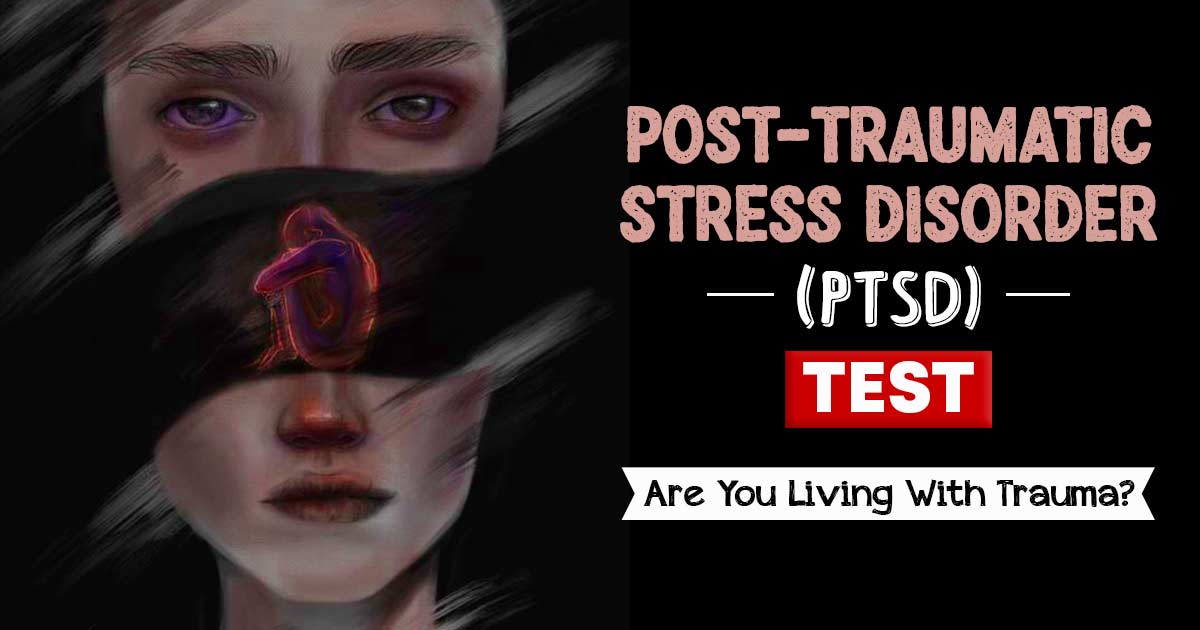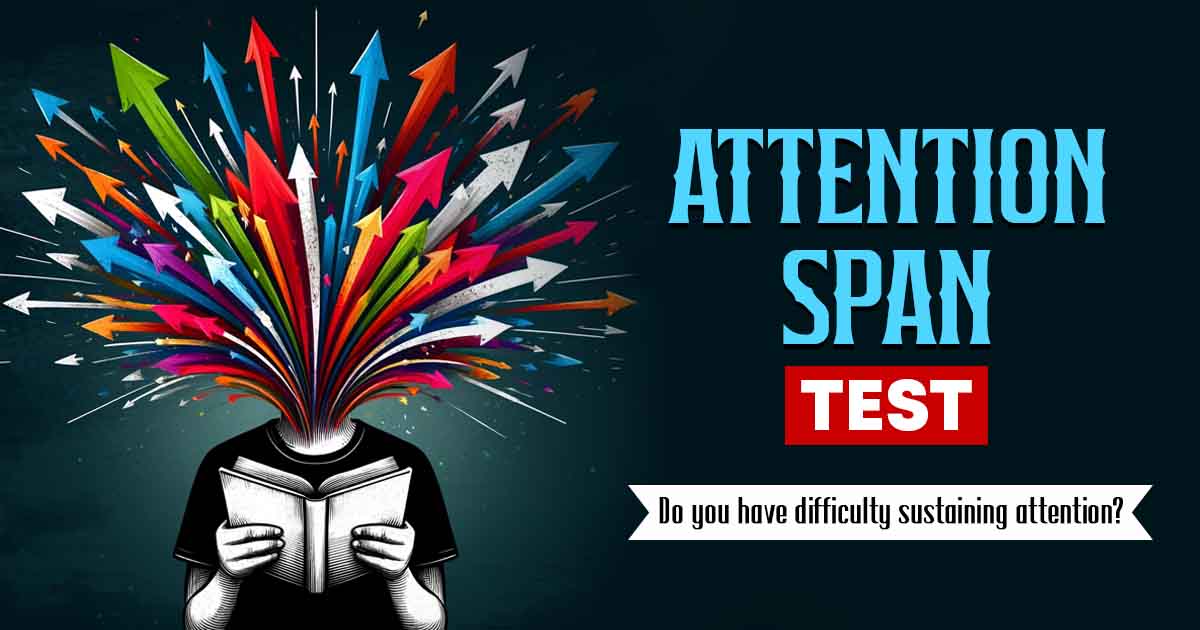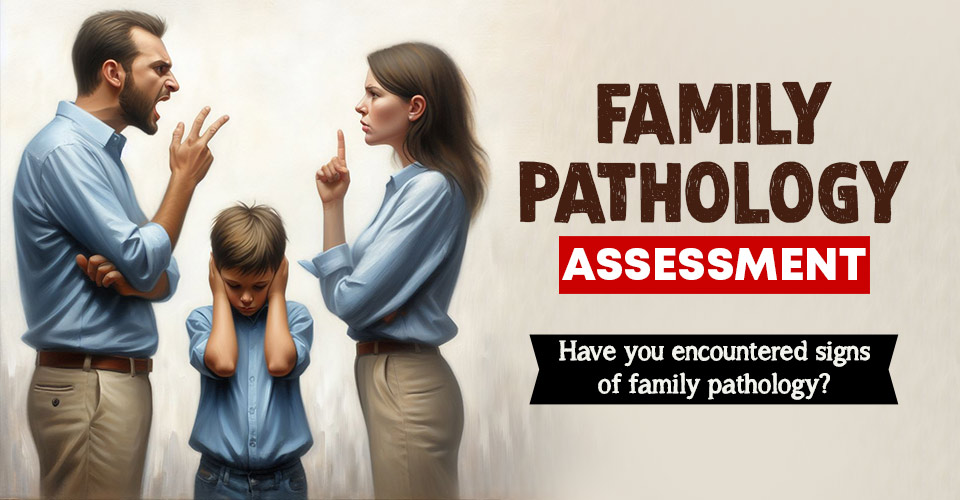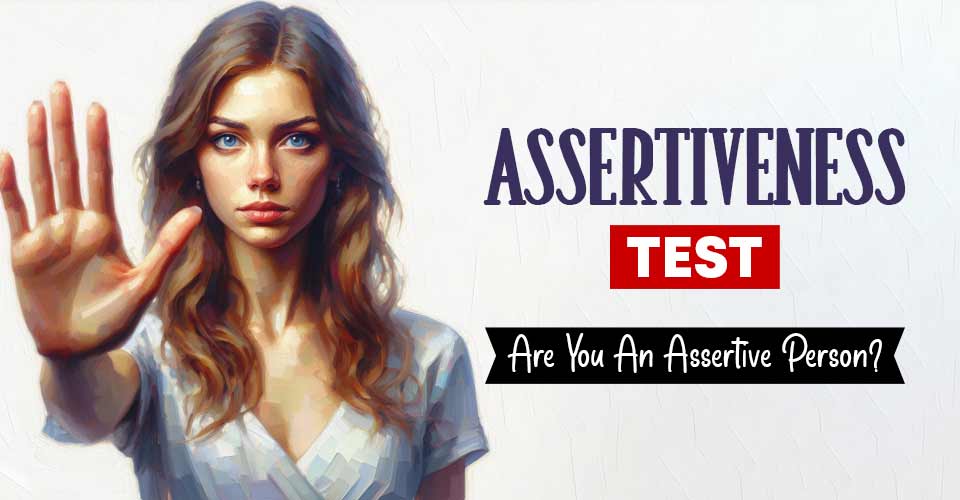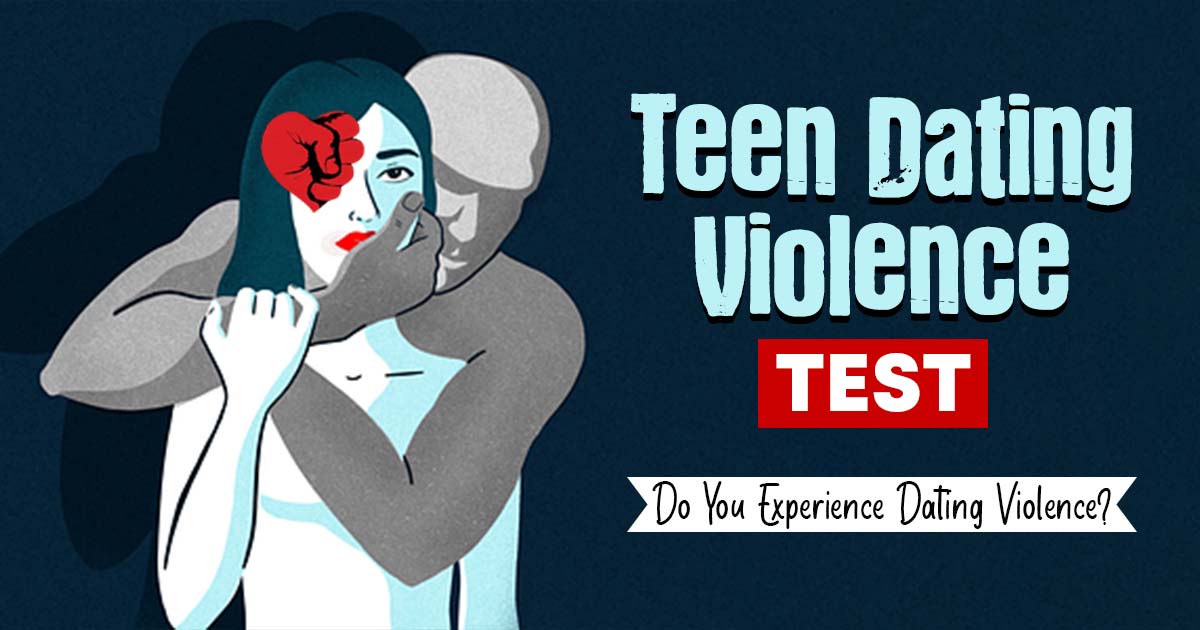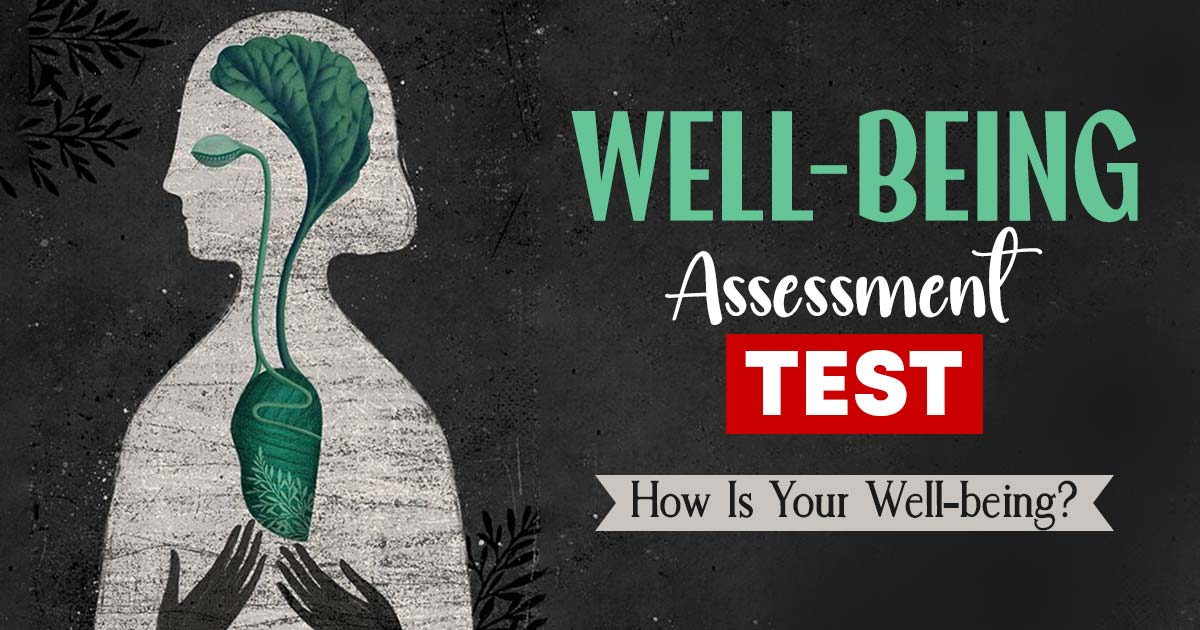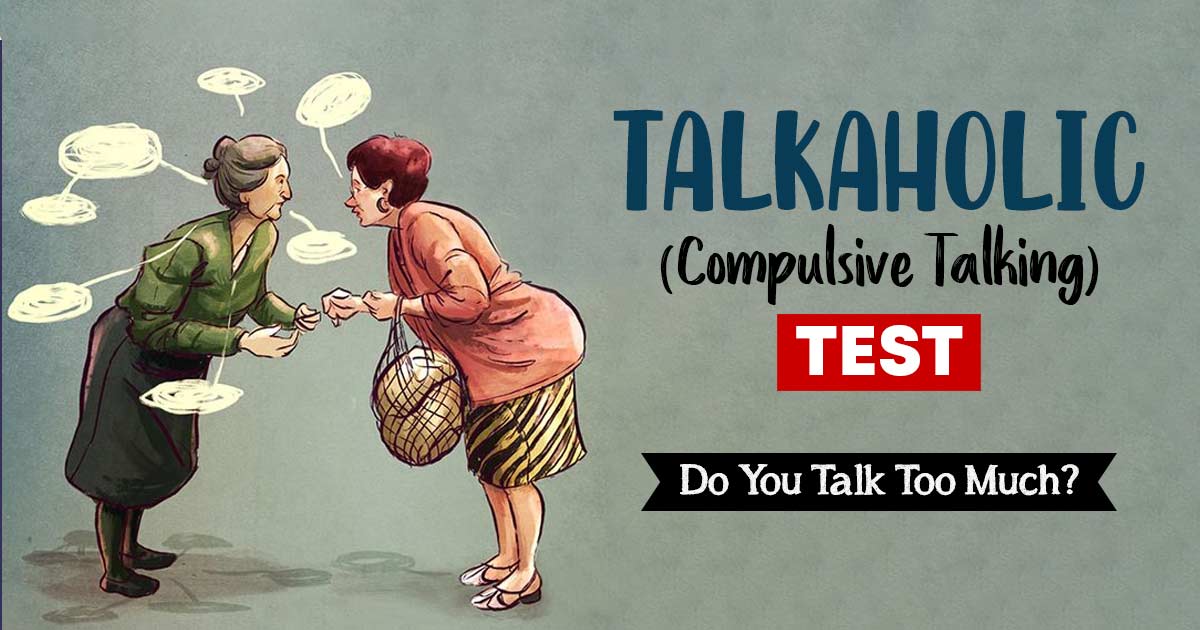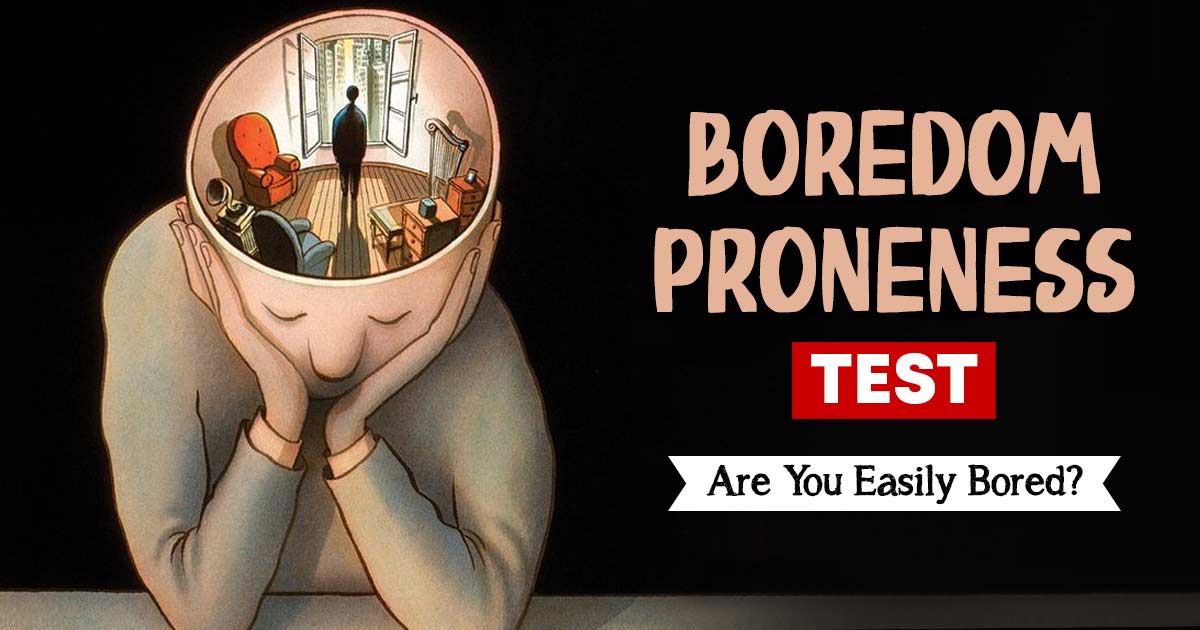Do you find yourself experiencing recurring, distressing flashbacks of a traumatic event? Do you go to great lengths to avoid situations that might trigger memories of this event? Are you prone to blaming yourself for what occurred? Alternatively, do you feel numb and shattered following the trauma? If any of these statements apply to you, consider taking our online PTSD Test to assess whether you may be exhibiting signs of PTSD.
What Is Post Traumatic Stress Disorder (PTSD)?
Post-traumatic stress disorder (PTSD) is a mental health condition that can develop in individuals who have experienced or witnessed a traumatic event, such as a natural disaster, combat, sexual or physical assault, or a serious accident.
PTSD can be a debilitating condition that affects not only the individual but also their family and friends. The symptoms of PTSD can be intense and long-lasting, making it difficult for the individual to function normally in their daily life.
PTSD can also be associated with other mental health conditions, such as depression and anxiety, and can increase the risk of substance abuse and suicide.
Some common symptoms of PTSD may include:
- Intrusive thoughts, including flashbacks, nightmares, and intrusive memories of the traumatic event.
- Avoidance of places, people, or situations that remind the individual of the traumatic event.
- Negative changes in mood and thinking, such as feeling isolated, guilty, ashamed, or detached from others.
- Hyperarousal, including being easily startled, having difficulty sleeping and feeling irritable or angry.
- Hypervigilance, or constantly scanning the environment for potential threats.
Disclaimer: If these symptoms of cause clinically significant distress or impairment in social, occupational, or other important areas of functioning, and last for at least 6 months or longer, it might be considered a disorder.
Read More About Post Traumatic Stress Disorder Here
Instructions For Taking PTSD Test Online
Below is a list of statements related to the life experiences common among people who have signs of post-traumatic stress disorder (PTSD). Please read each statement carefully and rate the extent to which these are relevant to you.
Please note: This post-traumatic stress disorder test is a self-assessment and not a diagnostic test.
Assessment Summary
0 of 15 Questions completed
Questions:
Information
You have already completed the assessment before. Hence you can not start it again.
Assessment is loading…
You must sign in or sign up to start the assessment.
You must first complete the following:
Results
Results
Your time:
Time has elapsed
You have reached 0 of 0 point(s), (0)
Earned Point(s): 0 of 0, (0)
0 Essay(s) Pending (Possible Point(s): 0)
Categories
- Mental Health Assessment 0%
-
Low Sign Of Post-traumatic Stress Disorder
Your score indicates that you have a low sign of post-traumatic stress disorder. It is evident from your score that you might perceive repeated and disturbing flashbacks about the particular event to a few extent. Besides this, your score seems that you may in most cases try not to think about them but in a few cases thinking about the particular event might cause a few physical reactions such as sweating, palpitations, and shortness of breath.
Also, it can be seen from your score that you might face a little trouble falling asleep and may find a little amount of difficulty in concentration when working on something. Further, your response reflects that you might feel a little agitated and irritated when facing stressful events and may also keep a few negative thoughts and self-blame about that particular event. However, it should be noted that these signs would impact your social, occupational, personal, and other areas of functioning in life.
Want to learn more?
Some strategies can be used to manage the signs of post-traumatic stress disorder (PTSD), such as identifying the situations that can trigger the signs of post-traumatic stress disorder, learning to challenge and reframe these thoughts, and staying connected with supportive family and friends for encouragement. Learning more about the underlying causes of post-traumatic stress disorder, and practicing self-care habits such as eating healthy, getting enough sleep, and practicing deep breathing can also help to cope with the signs of PTSD. If you want to know how to cope with your signs of post-traumatic stress disorder, talk to our professional psychologists.
You can use our Mood Tracker to stay mindful of your mood every day, and identify your innermost thoughts & emotions on a daily basis. It will help you in doing the things you love while limiting activities that might dampen your mood.
-
Moderate Sign Of Post-traumatic Stress Disorder
Your score indicates that you have a moderate sign of post-traumatic stress disorder. It is evident from your score that you might perceive repeated and disturbing flashbacks about the particular event to some extent. Besides this your score seems that you may in some cases try not to think about them but at other times thinking about the particular event might cause some physical reactions such as sweating, palpitations, and shortness of breath.
Also, it can be seen from your score that you might face some amount of trouble falling asleep and may find some difficulties in concentration when working on something. Further, your response reflects that sometimes you might feel agitated and irritated when facing stressful events and may also keep some negative thoughts and self-blame about that particular event. However, it should be noted that these signs would impact your social, occupational, personal, and other areas of functioning in life.
Want to learn more?
Some strategies can be used to manage the signs of post-traumatic stress disorder (PTSD), such as identifying the situations that can trigger the signs of post-traumatic stress disorder, learning to challenge and reframe these thoughts, and staying connected with supportive family and friends for encouragement. Learning more about the underlying causes of post-traumatic stress disorder, and practicing self-care habits such as eating healthy, getting enough sleep, and practicing deep breathing can also help to cope with the signs of PTSD. If you want to know how to cope with your signs of post-traumatic stress disorder, talk to our professional psychologists.
You can use our Mood Tracker to stay mindful of your mood every day, and identify your innermost thoughts & emotions on a daily basis. It will help you in doing the things you love while limiting activities that might dampen your mood.
-
High Sign Of Post-traumatic Stress Disorder
Your score indicates that you have a high sign of post-traumatic stress disorder. It is evident from your score that you seem to perceive most often repeated and disturbing flashbacks about the particular event. Besides this, your score seems that in most cases you cannot remain quiet without thinking about that particular event which seems to cause strong physical reactions such as sweating, palpitations, and shortness of breath.
Also, it can be seen from your score that you seem to strongly face trouble falling asleep and may find strong difficulties in concentration when working on something. Further, your response reflects that mostly you seem to strongly feel agitated and irritated when facing stressful events and seem to engage repeatedly in self-blaming and may feel shattered after that particular event. However, it should be noted that these signs would strongly impact your social, occupational, personal, and other areas of functioning in life.
Want to learn more?
Some strategies can be used to manage the signs of post-traumatic stress disorder (PTSD), such as identifying the situations that can trigger the signs of post-traumatic stress disorder, learning to challenge and reframe these thoughts, and staying connected with supportive family and friends for encouragement. Learning more about the underlying causes of post-traumatic stress disorder, and practicing self-care habits such as eating healthy, getting enough sleep, and practicing deep breathing can also help to cope with the signs of PTSD. If you want to know how to cope with your signs of post-traumatic stress disorder, talk to our professional psychologists.
You can use our Mood Tracker to stay mindful of your mood every day, and identify your innermost thoughts & emotions on a daily basis. It will help you in doing the things you love while limiting activities that might dampen your mood.
- 1
- 2
- 3
- 4
- 5
- 6
- 7
- 8
- 9
- 10
- 11
- 12
- 13
- 14
- 15
- Current
- Review
- Answered
- Correct
- Incorrect
-
Question 1 of 15
1. Question
I have repeated, unwanted, disturbing flashbacks about the particular event.
-
Question 2 of 15
2. Question
I have tried not to think about the specific event.
-
Question 3 of 15
3. Question
Thinking about a particular event causes reactions such as sweating, palpitations, and shortness of breath.
-
Question 4 of 15
4. Question
I tend to avoid situations that would remind me of a particular event.
-
Question 5 of 15
5. Question
I have trouble staying asleep after experiencing that particular event.
-
Question 6 of 15
6. Question
I have had fearful nightmares related to my particular experience.
-
Question 7 of 15
7. Question
I feel numb or detached from people and my surroundings.
-
Question 8 of 15
8. Question
I blame myself for the negative event.
-
Question 9 of 15
9. Question
Images of the event tend to pop into my mind.
-
Question 10 of 15
10. Question
I have trouble concentrating on my daily tasks.
-
Question 11 of 15
11. Question
I avoid talking about a particular event.
-
Question 12 of 15
12. Question
I have been watchful of my surroundings after experiencing the event.
-
Question 13 of 15
13. Question
I feel easily irritated or agitated, even in response to minor stressful events.
-
Question 14 of 15
14. Question
I tend to replay the event and how I felt about it in my mind.
-
Question 15 of 15
15. Question
I feel that my life has been shattered after that event.

